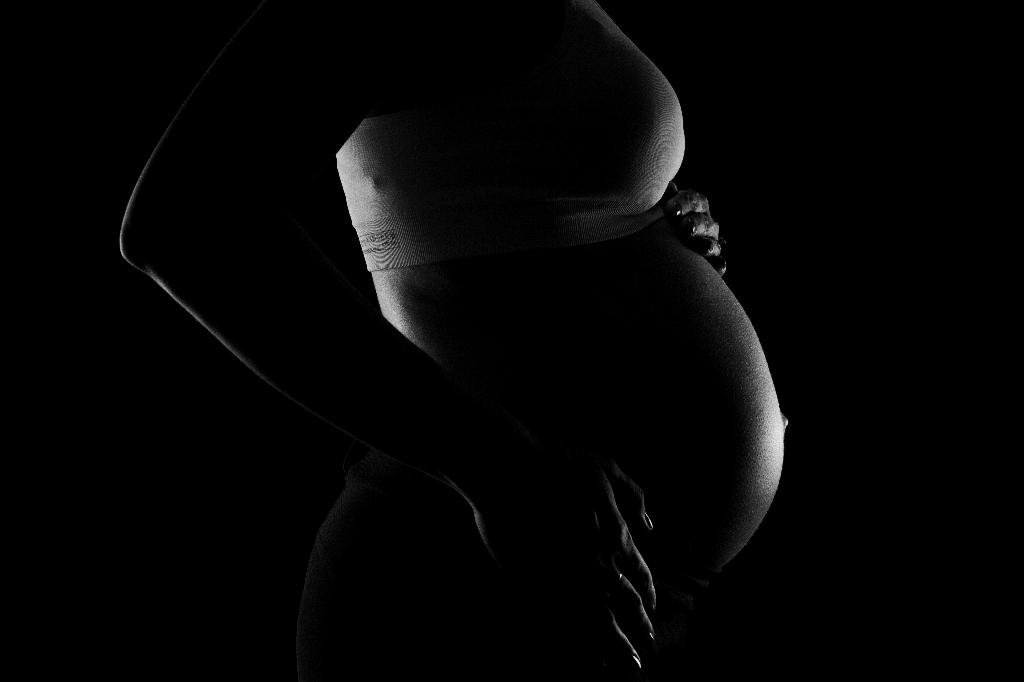When delving into the question of the miscarriage rate for individuals with Postural Orthostatic Tachycardia Syndrome (POTS), it is crucial to consider the nuanced complexities that surround this issue. Research has shown a potential correlation between POTS and miscarriages, with some studies hinting at a higher rate of miscarriage in individuals with this condition.
The study conducted by Blitshteyn et al. in 2012 raised significant points regarding this matter. Their findings suggested that individuals with POTS may face a higher average miscarriage rate, standing at around 41%. Despite this seemingly high percentage, it is important to note that the researchers themselves highlighted the limitations of their study, particularly the small sample size.
One major challenge in determining the precise miscarriage rate for individuals with POTS lies in the variability of symptoms and severity within the POTS population. Given the diverse nature of this condition, it is challenging to establish a one-size-fits-all statistic when it comes to miscarriages.
Moreover, the underlying mechanisms that could potentially link POTS to an increased risk of miscarriage are not yet fully understood. While there are hypotheses regarding autonomic dysfunction and its impact on pregnancy outcomes, more research is needed to establish concrete causal relationships.
It is crucial for individuals with POTS who are planning to conceive or are already pregnant to work closely with healthcare professionals specializing in both POTS and obstetrics. This interdisciplinary approach can help in monitoring and managing potential risks, thus optimizing the chances of a successful pregnancy.
Furthermore, the emotional toll of experiencing a miscarriage can be particularly challenging for individuals with chronic health conditions like POTS. It is essential for these individuals to have a strong support system in place, including mental health support, to navigate the complexities of such experiences.
While the data from the aforementioned study may suggest a higher miscarriage rate in individuals with POTS, it is imperative to interpret these findings with caution. Drawing broad conclusions based on a single study with limitations can be misleading, emphasizing the need for further in-depth research in this area.
Individuals with POTS facing concerns about miscarriage should prioritize open communication with their healthcare providers. Discussing any fears or uncertainties regarding pregnancy and miscarriage can lead to a more informed and supportive care plan tailored to their specific needs.
Each individual with POTS is unique, and their experiences with pregnancy and miscarriage can vary significantly. Recognizing the diversity within the POTS community and understanding the multifaceted nature of this condition is essential in providing comprehensive and personalized care.
Ultimately, while the question of the miscarriage rate for individuals with POTS remains a topic of interest and concern, it is vital to approach it with a balanced perspective. Research, advocacy, and support networks play crucial roles in addressing the complexities surrounding POTS and its potential implications on pregnancy outcomes.
In conclusion, the association between POTS and miscarriage rates is a complex and evolving field of study. By fostering collaboration between researchers, healthcare providers, and individuals with POTS, we can work towards better understanding and addressing the challenges faced by this unique population.

